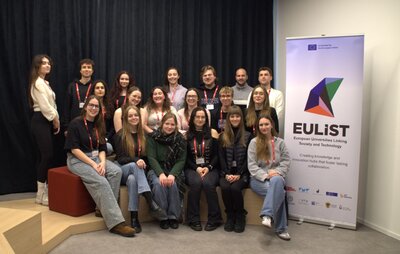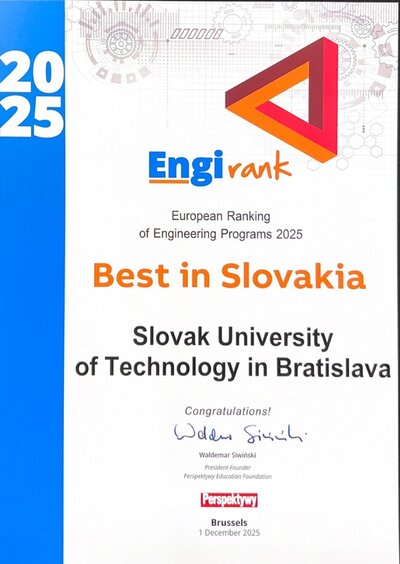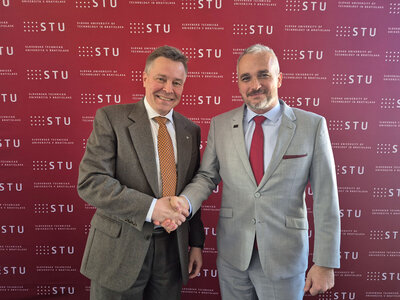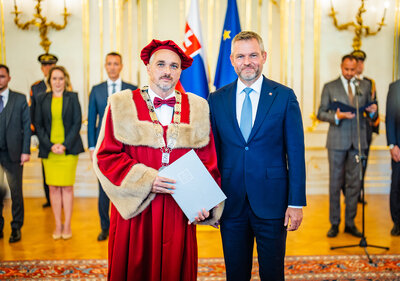Erasmus+ is aimed at modernizing and improving the quality of higher education in Europe and elsewhere. The objective of mobility is to encourage transnational mobility of the University students and teaching and non-teaching staff in order to obtain, improve and enhance their competences in specialized areas, the Project is an excellent opportunity to uphold this area, build contacts and support multilateral cooperation of STU with higher education institutions located outside the EU. Besides, it helps students improve their employment chances after graduation.
Since 2015, the Erasmus+ includes a new KA107 activity called “International Credit Mobility” supporting the exchange of university students and staff with partners from the countries beyond Europe (non EU countries). Financial support consisting of several sub budgets will go to the student and staff mobility (teachers, researchers and other employees).
The STU Department of International Relations in collaboration with the STU faculties and Rector's Office has won a two-year Erasmus+ KA107 project within the 2016 call “University student and staff mobility between the Programme Countries and Partner Countries (non-EU)”, so called International Credit Mobility. The provided grant will be used to support mobility with the following six partner countries and institutions:
- East China Normal University, People's Republic of China (supervisor Prof. Finka),
- Universidad Central "Marta Abreu" de Las Villas, Cuba (supervisor Prof. Moravčík),
- Kalashnikov Izhevsk State Technical University, Russia (supervisor Prof. Moravčík),
- International College of Business and Technology, Sri Lanka (supervisor Prof. Finka),
- Kazakh National Research Technical University of K.I. Satpayev, Kazakhstan (supervisor Prof. Stanko),
- University of Montenegro, Montenegro (supervisor Prof. Šoltész).
The project coordinator is the STU Department of International Relations.
The Project is primarily aimed at supporting the inbound (incoming) international students and staff from partner universities (44). Simultaneously, 26 STU students and staff can travel to some of the above-mentioned countries in the 2016-2018 program period. Selection criteria will be determined in cooperation with supervisors from individual countries.
We believe that the project will be the first in a series of successful projects of this kind and focus in STU.
.
J. Štefánková, Head of the STU Department of International Relations
I. Prelovský, the STU Erasmus+ institutional coordinator







